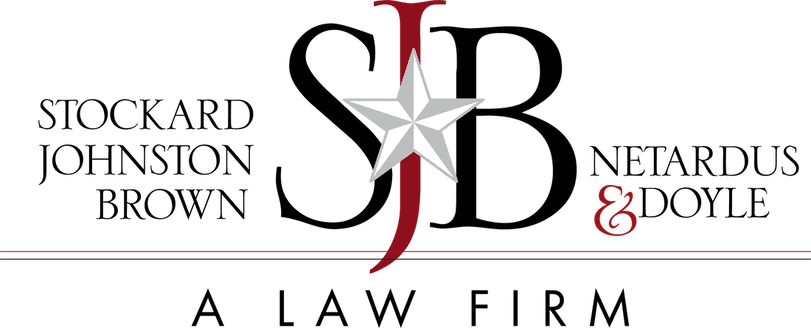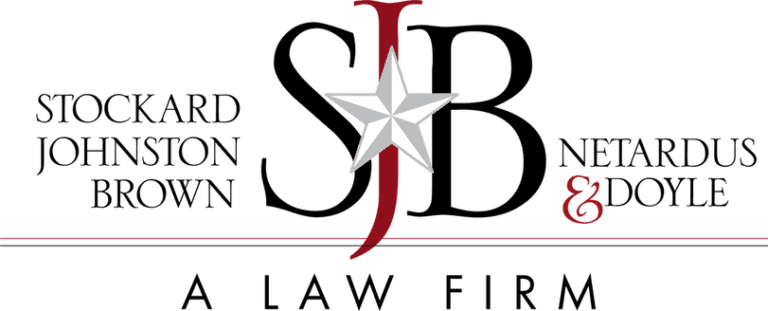The law is a noble profession. It’s hard to argue that point. After all, no matter the case, lawyers are trying to get to the truth and see that justice is served. That said; it is important to realize that there is a business end to this transaction, not just a social one.
This article will explain what you need to know about attorneys’ fees so you can better employ your powers of negotiation.
How Much Does a Lawyer Cost?
There are three billing categories used in attorneys’ offices:
- Flat
- Hourly
- Contingency
Each of the categories listed above is a type of payment arrangement. Out of the three listed, the hourly rate is the most common. It means exactly what it indicates; that your lawyer is paid a certain rate per hour for the time she/he spends working on your case.
A flat rate works a little differently. This arrangement is more selective. There are times when your lawyer might agree to a flat rate upfront. If you’re thinking “retainer” you’re on the right track. There is one significant difference between a flat rate and a retainer: a flat rate is a one-time payment agreed upon to resolve a particular type of case or legal problem. A retainer is an upfront, ongoing fee to secure legal services as needed. Flat fees are used by individuals. Retainers are used by medical facilities, corporations, insurance companies, etc.
A contingency fee is an arrangement based on an if/then equation. As in, if you win your case, then your lawyer gets paid a percentage of the funds awarded. If you do not win your case, then you don’t owe your lawyer for the services rendered.
Now, that last option may sound like a pretty good deal, but it is a gamble. You have to have a pretty strong case for a lawyer to make that kind of an arrangement. In fact, certain billing options only apply to certain cases.
So which cases apply to which fees? That’s a good question. Here are some examples:
You can negotiate between an hourly rate and a flat fee if your case involves:
- Business partnership agreement
- Leasing rights
- Establishing power of attorney
- Real-estate transfer
- Marital dispute
- Organizing a living trust
In matters of family and criminal law it is more likely you will agree on an hourly rate, however; many lawsuit and personal injury cases are done on contingency. The payment arrangement really depends on the type of case and your lawyer’s experience.
The best way to get a straight answer to the question of cost is to set up a consultation with a lawyer to discuss your individual case. Payment arrangements can be discussed and agreed upon also.
Attorneys at Stockard, Johnston, Brown, Netardus & Doyle, P.C. in Amarillo, Texas are available to discuss your case, contact us today.

